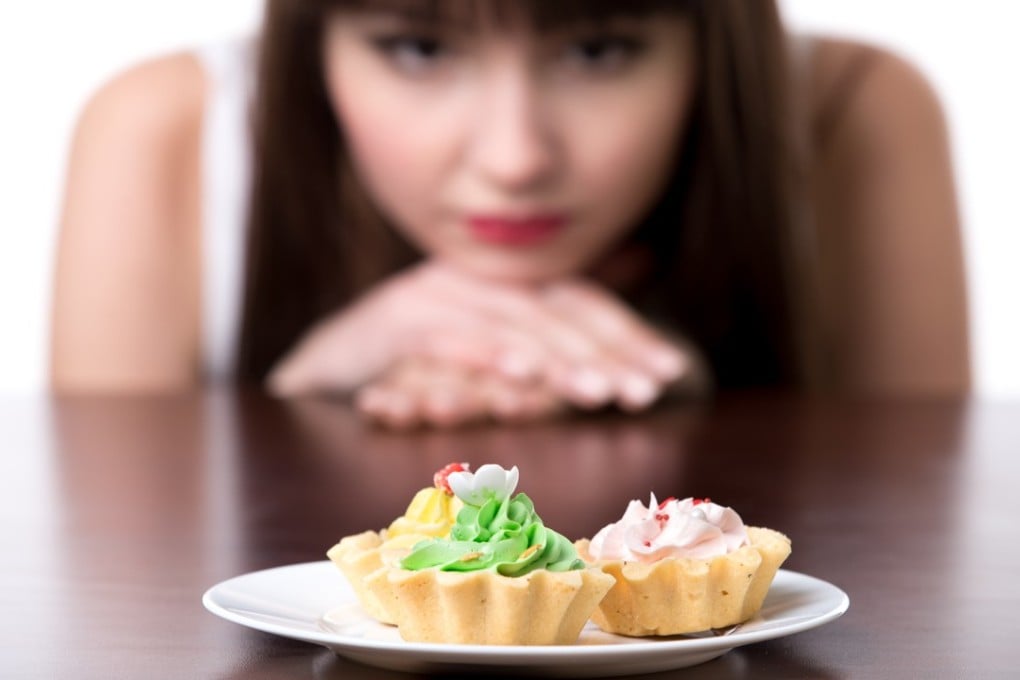Where do our sugar cravings come from? Five ways for Hongkongers to beat them
Many of us believe we crave foods because they contain nutrients we lack, but recent research suggests our sugar addiction comes from a more complex mix of biochemical, hormonal and emotional factors

Hongkongers definitely have a sweet tooth. According to local studies conducted by the government’s Centre for Food Safety in 2014, about 39 per cent of the population aged 18 to 64 were overweight or obese, as well as 18.7 per cent of primary school students and 19.4 per cent of secondary school students.
Popular Hong Kong foods and their sugar content
According to one local study, more than a third of respondents drank soft drinks or sugary beverages once a day or more, and more than 60 per cent fell short of the World Health Organisation’s (WHO) recommended level of physical activity. Soft drinks and other sugar-sweetened beverages are especially problematic because liquid calories are not as satiating as calories consumed as solid food.
An excessive intake of dietary sugar has been demonstrated to have a negative impact on health and is associated with hypertension, obesity, dental caries and chronic diseases such as heart disease and type 2 diabetes.
6 hidden truths about sugar, and how it’s making us ill
What makes food cravings different from general hunger is just how specific they are – an intense desire for a very particular food, which unfortunately tends to be something high in sugar (and fat).
So what prompts our urge for that midday sugary snack or late-night bowl of ice cream or tong sui (sweet soup)? Could it be our sugar cravings are actually telling us something?
It is a popular misconception that we crave foods containing nutrients we lack. Scientists used to suspect that if we craved a steak, we were low in iron, and if we craved chocolate, our bodies needed magnesium. However, recent research suggests that most cravings start in our brains, not our bodies.
